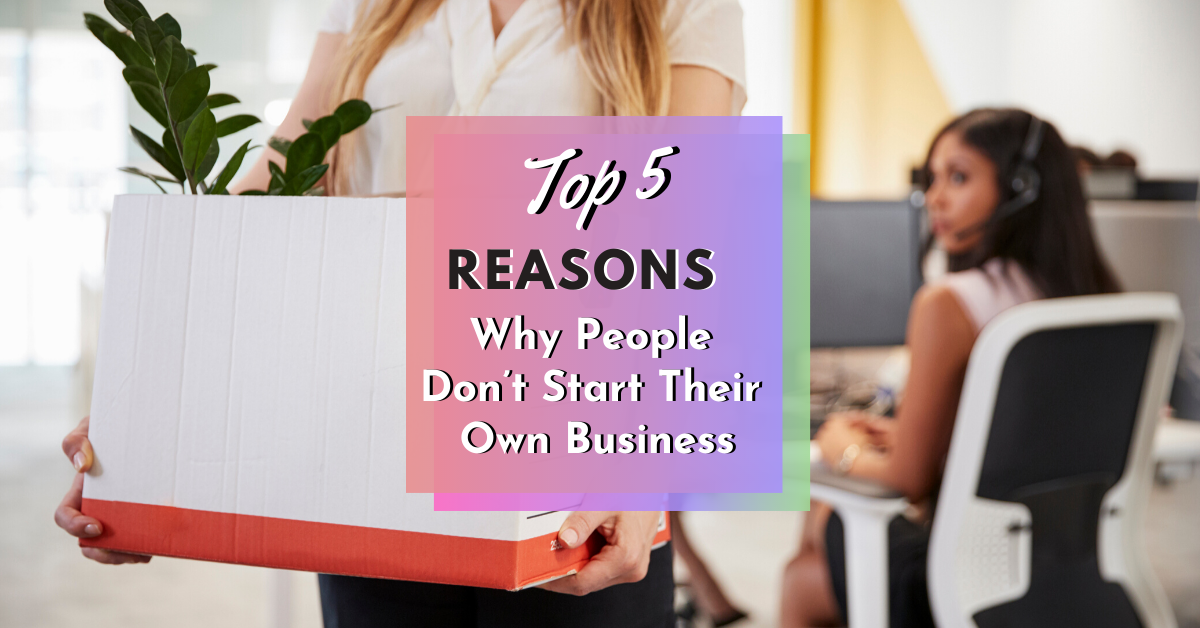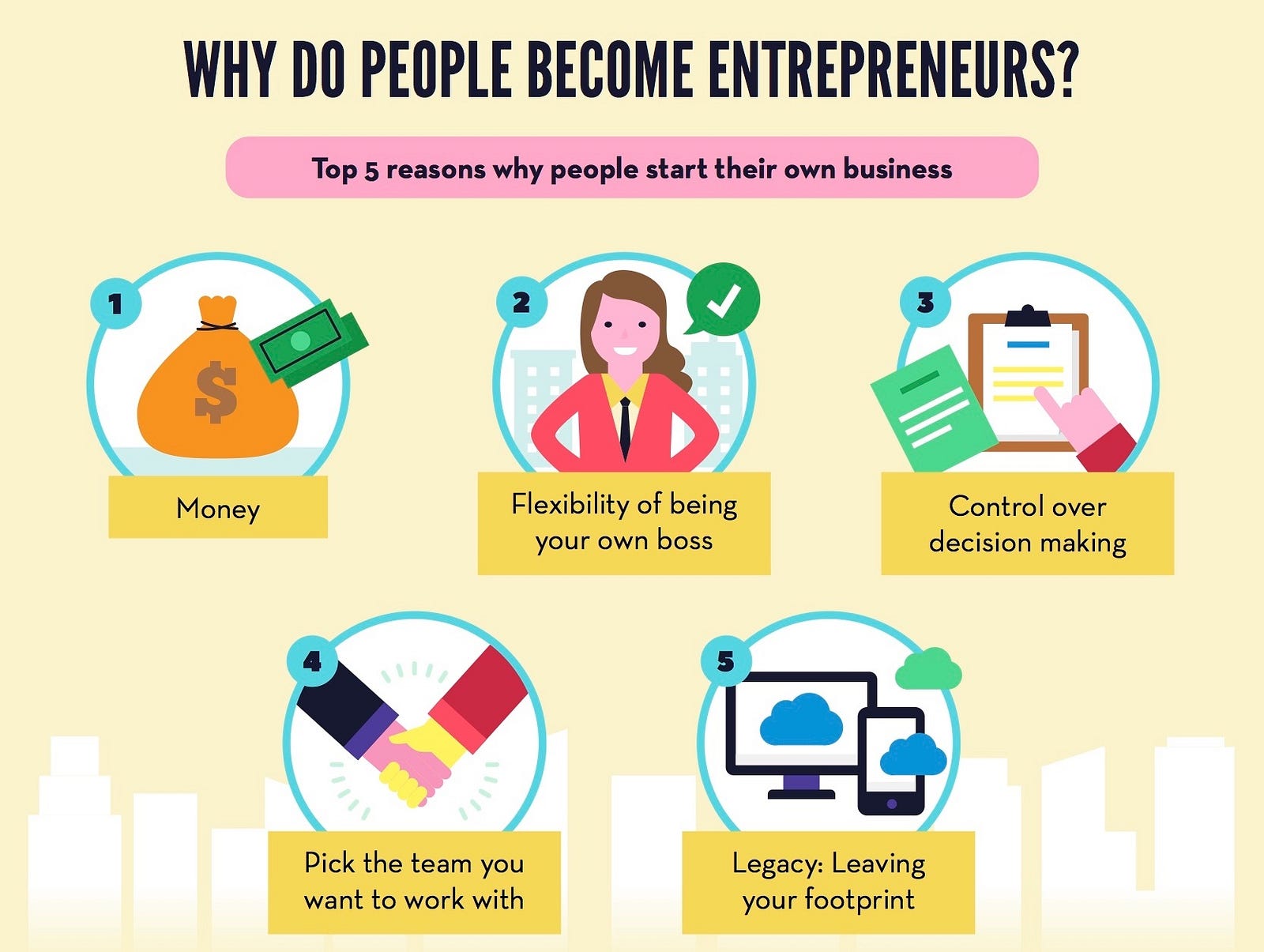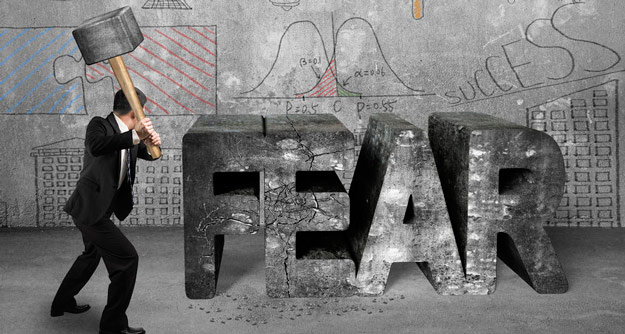Why Are People Afraid To Start Their Own Businesses

Imagine standing at the edge of a vast, shimmering ocean. The air is filled with the scent of possibility, and the horizon promises untold adventures. Yet, your feet remain firmly planted on the sand, hesitant to take the plunge. This is the feeling many experience when contemplating the leap into entrepreneurship.
The allure of owning a business is undeniable, but so is the fear it evokes. A complex interplay of financial anxieties, psychological barriers, and societal pressures often keeps aspiring entrepreneurs from realizing their dreams. Understanding these hesitations is the first step towards empowering individuals to navigate the entrepreneurial landscape with greater confidence.
The Weight of Financial Risk
One of the most significant deterrents is the fear of financial instability. Leaving the security of a steady paycheck for the uncertain returns of a startup can be daunting. The U.S. Small Business Administration (SBA) notes that a lack of capital is a primary reason why new businesses fail.
Securing funding through loans or investors often comes with its own set of challenges. Many entrepreneurs worry about accumulating debt or relinquishing control of their company. The thought of risking personal savings and assets can be paralyzing.
Overcoming Financial Fears
However, innovative strategies like bootstrapping, crowdfunding, and seeking angel investors are gaining popularity. Resources like the SBA and local chambers of commerce offer valuable guidance and support in navigating the financial aspects of starting a business.
The Psychological Barriers
Beyond financial concerns, psychological factors play a crucial role in the decision-making process. The fear of failure is a significant hurdle for many would-be entrepreneurs. It's a fear deeply rooted in societal perceptions of success and failure.
Imposter syndrome, the feeling of being a fraud despite evidence of competence, can also undermine confidence. Doubts about one’s abilities and the fear of not being "good enough" can be self-defeating. This is a prevalent feeling, especially for those entering unfamiliar industries.
Building Resilience and Self-Belief
Cultivating a growth mindset, embracing challenges as opportunities, and celebrating small victories are crucial steps. Seeking mentorship from experienced entrepreneurs can provide valuable guidance and reassurance.
Societal and Cultural Influences
Societal expectations and cultural norms can also influence entrepreneurial decisions. In some cultures, stability and security are highly valued, making the entrepreneurial path seem risky and unconventional. The stigma associated with failure can be a powerful deterrent.
Furthermore, a lack of visible role models can make it difficult for aspiring entrepreneurs, especially those from underrepresented groups, to envision their own success. Exposure to diverse success stories can inspire and empower individuals to overcome these societal barriers.
Shifting the Narrative
Celebrating entrepreneurial achievements, promoting diversity in business ownership, and fostering a culture of innovation are essential. Showcasing the positive impact of small businesses on communities can encourage more people to consider entrepreneurship as a viable career path.
Ultimately, the decision to start a business is a personal one. It requires careful consideration, thorough planning, and a willingness to embrace both the rewards and the challenges that lie ahead. While the ocean of entrepreneurship may seem daunting, with the right mindset and resources, it can lead to incredible personal and professional growth. It's about recognizing the fears, addressing them head-on, and taking that first brave step off the sand and into the water.


















